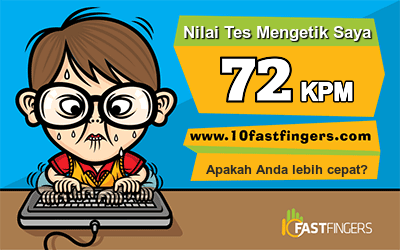Boxing Should Be Banned.
Boxing is a sport that has history dating back to centuries ago, and can be defined as a sport that is merely a legalized way of attacking another person. A large majority of boxers were once young, aggressive juveniles who built up for themselves reputations, of being accomplished street fighters, and therefore were in this way noticed by local professional talent scouts. These scouts brought these juveniles into a world where the golden rule is that the harder you throw the punches; the further you get in the way of a career. These young boxers are conned into believing that the more aggressive they are in the ring, the more respect they will gain in the boxing community, they are conned into a sense of belonging within this community. When really they are being exploited in all ways imaginable by their managers and fight promoters.
For instance once a boxer reaches the age of 18, a manager can now take a cut of 25% of the takings of a match. A completely preposterous figure when you take into consideration that it is the boxer who is knocking the years of his life with each fight he takes part in, and not the manager. Boxers are the means by which managers make their money; to be financially used is to be in the profession
BMJ 2003;327:1186 (22 November), doi:10.1136/bmj.327.7425.1186-b
News roundup
Boxing should be banned unless rules are tightened, advises Dutch body
Utrecht Tony Sheldon
The Dutch Health Council, an independent body that advises the parliament and ministers on public health, has said that professional boxing should be banned unless its rules can be tightened quickly to reduce the risk of brain injuries. The advice comes in a new report into brain damage in boxing and soccer, first ordered by the Dutch Ministry of Health in 1998.
Chronic brain damage, the report argues, has been shown in 40% to 80% of professional boxers; and one in eight amateur boxing bouts end in concussion. In professional soccer half of players will be concussed at some point during their career.
The council believes that a swift diagnosis of brain injury made using a checklist of symptoms during the sports event can determine whether it is safe for the athlete to continue.
The council is convinced that testing of brain functions such as memory is a useful diagnostic tool that can show brain injuries at an earlier stage than can imaging techniques.
The Dutch Boxing Association requires professional boxers to undergo annual examinations, including a brain scan. However, attempts to introduce neuropsychological testing have failed. Doctors at the ringside are not required to have specific training in brain injuries.
The council wants neuropsychological testing to be part of routine annual examinations. If cognitive abnormalities are detected a boxer could be barred from boxing for life. A boxer who is knocked out should undergo further neuropsychological tests and be suspended until symptoms of acute brain injury abate.
The report also says that boxing should be banned for everyone aged under 16 years, that boxers should be fully informed about the health risks, and that ringside doctors should be trained regularly on the prevention and detection of brain injuries.
If the measures cannot be implemented "within a reasonable time" then professional boxing should be banned, it says. "The chronic health impairment that professional boxers risk is . . . sufficiently serious to warrant the curtailment of individual freedom," it concludes. It notes that boxing has been successfully banned since 1981 in Norway.
It also recommends better measures to protect soccer players, calling for all coaches and referees to be trained to assess concussion not just in professional games but also in the large number of amateur matches.
Neuropsychologist Dr Erik Matser, whose research has fuelled the debate on brain injuries in sport, helped formulate the council’s advice. Dr Matser, of the Saint Anna Hospital, near Eindhoven, stressed the importance of simple checks on the sideline for concussion, given the large number of people involved in collision sports such as soccer.
The Dutch Boxing Association is to meet the health council but argues that there has been little new research in recent years, while safety standards have improved.





















